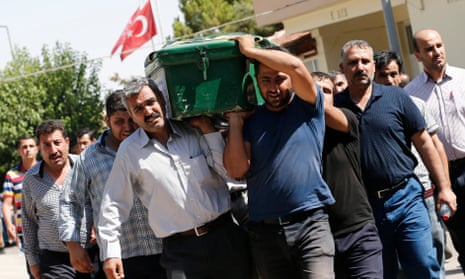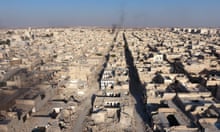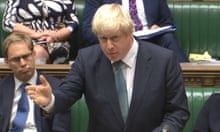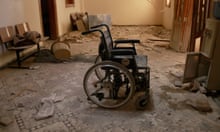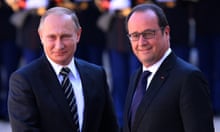Saturday’s terrorist attack on a wedding in Gaziantep in south-east Turkey killed at least 54 people and many more were injured, but as macabre as it sounds, the attack surprised few. Turkey has suffered multiple terrorist attacks in less than a year amid growing political instability (the country is still yet to recover from last month’s coup), ethnic and sectarian polarisation, and the government’s disastrous policy toward the conflict in Syria.
Commentators were quick to point out that the suicide bomber, a young teenager, was under 10 when the Syrian civil war started, providing plenty of time for the attacker to become radicalised and drawn to jihadi groups. Political instability and President Erdoğan’s divisive rule aside, since the Syria conflict started in 2011 jihadi groups have established themselves alongside Turkey’s border with Syria.
Gaziantep has become a safe haven for Isis, to which Saturday’s attack is attributed and the terror group is reported to have significant supporters and resources in the city. This infrastructure would not exist were it not for Turkey’s careless indifference to jihadi groups, using their territory as a launching pad for attacks against the Bashar al-Assad regime in Syria, which Turkey has sought to topple for more than five years.
Now that jihadi groups have expanded their militancy on to Turkish soil, Turkey is becoming the Middle East’s Pakistan. Pakistan’s support for the Taliban during the Afghan civil war in the 1990s did not stay within Afghanistan’s borders and – as Turkey is now experiencing in respect of its Syria policy – it continues to suffer from turning a blind eye to the extremist networks that expanded on to its borders and indeed flourish to this day.
Although Turkey’s foreign minister called for a “cleansing” of Isis fighters by the Syrian border region, many doubt the government’s words will be translated into action. It will be next to impossible to “cleanse” a group as firmly entrenched as Isis and other jihadi groups, at least in the foreseeable future. The government’s words will ring hollow for Turkey’s 15-20 million Kurds, many of whom blame the government for either acquiescing to or providing direct support for Isis and others like it, which have repeatedly targeted Kurdish crowds and celebrations over the past year, such as this weekend’s wedding.
Isis is one part of the problem. Turkey currently has a political and social environment that is conducive to violent instability and terrorist atrocities. Over the years, President Erdoğan has deployed divisive and inflammatory rhetoric against the Kurds (and other ethnic and religious groups), as part of his efforts to consolidate his rule and push for greater constitutional powers.
As well as sidelining Turkey’s Kurdish opposition groups, since last month’s failed coup the government has arrested tens of thousands of people without due process. More than 40,000 people have been detained and 20,000 arrested since the coup attempt on 15 July and nearly 80,000 civil servants have been suspended from duty, while 5,000 have been dismissed.
While for Europe and the US the immediate priority is eliminating Isis and reaching a political settlement in Syria, Turkey’s attention is primarily focused on the Kurds and containing the ascent of the Kurdistan Workers party (PKK). The group, which has fought the state for political and human rights for Turkey’s Kurds, has risen to international acclaim in recent years for its battlefield success against Isis. In Syria, its sister-group the Democratic Union party (PYD) and its armed wing, the Peoples’ Protection Unit (YPG), have captured numerous Isis strongholds in partnership with US special forces, including the key town of Manbij last week.
Isis will continue to focus its attention on Turkey and invest its resources there as it makes losses in Syria and Iraq, but Erdoğan’s energy is heavily invested in securing his authority in Turkey’s post-coup environment. Reconciling with the Kurds and going after Isis within and outside of Turkey will not be his immediate priority, particularly if targeting Isis emboldens the Kurds.
Turkey may be unwilling or incapable of uprooting jihadi networks on its soil. But that does not mean Europe and the US cannot attempt to mediate the conflict between the government and the Kurds or, alternatively, pressure Turkey into accepting the emerging political and security framework in the region, of which the Kurds are now a major component.
